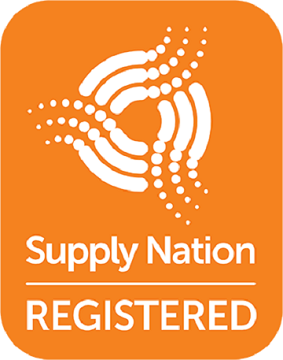
Key distinctions between CBD and THC
CBD (Cannabidiol) and THC (Delta-9-tetrahydrocannabinol) are compounds derived from the cannabis plant, each with its own unique properties and effects. CBD is primarily sourced from hemp, a variety of cannabis that contains minimal levels of THC, typically less than 0.3%. On the other hand, THC is derived from marijuana plants, which can contain much higher concentrations of THC.
One of the key distinctions between CBD and THC is their psychoactive effects. Unlike THC, which is notorious for its intoxicating properties and ability to induce a euphoric “high,” CBD does not produce such psychoactive effects. This difference arises from their interactions with cannabinoid receptors in the brain. While THC binds primarily to CB1 receptors, CBD interacts with different receptors, leading to potential therapeutic effects without the sensation of being high.
CBD is currently being investigated for its potential therapeutic applications across a wide range of medical conditions. Research suggests that CBD may have anti-inflammatory properties, making it a candidate for conditions involving inflammation, such as arthritis and inflammatory bowel disease. Additionally, CBD has shown promise in managing anxiety disorders and epilepsy, with the Therapeutic Goods Administration (TGA) in Australia approving a CBD-based medication for certain forms of epilepsy.
Despite its potential benefits, CBD is not without side effects. Common adverse effects may include nausea, fatigue, and irritability, although these tend to be mild and transient in nature. Additionally, there are different types of CBD oil available on the market, each with its own composition and characteristics. CBD Isolate is the purest form of CBD, containing only CBD without any other cannabinoids or compounds. Full Spectrum CBD, on the other hand, contains all naturally occurring compounds found in the hemp plant, including trace amounts of THC. Lastly, Broad Spectrum CBD is similar to Full Spectrum but with THC removed during the extraction process.
In Australia, the Therapeutic Goods Administration (TGA) regulates the classification of CBD and THC. CBD preparations where CBD comprises 98% or more of the total cannabinoid content and THC comprises no more than 1% are classified as Schedule 3 substances, indicating their lower potential for abuse and dependence. In contrast, THC is classified as a Schedule 8 drug under the Australian Poisons Standard, reflecting its higher potential for abuse and dependence.











